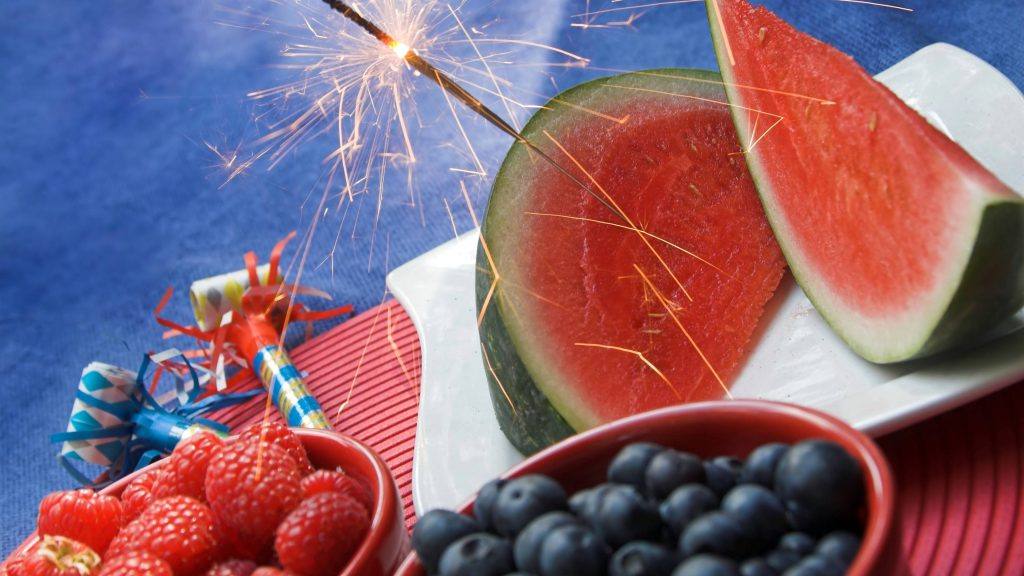
Picnics and barbecues are on the menu for millions of Americans this week as the nation celebrates the Fourth of July holiday. It's also the time of year when foodborne illnesses peak, says Dr. Nipunie Rajapakse, a Mayo Clinic pediatric infectious diseases specialist.
Watch: Dr. Nipunie Rajapakse shares safe grilling tips.
Journalists: Broadcast-quality sound bites are in the downloads.
Dr. Rajapakse offers tips to keep your family and friends safe from foodborne illness as you gather around the grill.
Keep food separated
"Keep your raw meat and poultry products separate from your vegetable products such as salads that you may be serving. That ensures that you’re not cross-contaminating your food with bacteria that may make people sick," says Dr. Rajapakse. Even if you keep your food separated, contaminated hands can easily spread bacteria from one food to another. Wash your hands well and often for at least 20 seconds with soap and water.
Good hand hygiene
Dr. Rajapakse says it's important to do a thorough and proper hand-washing. "Ensure that you are doing a really good job of washing your hands. This is especially important if you’re going between preparing meat and other foods. You need to ensure that you remove any traces of bacteria from your hands before you start preparing foods that you may not be cooking until later, or won't be subjecting to a high temperature."
Properly store foods
"The other important thing during grilling season is to ensure that you are storing or keeping food at a safe temperature," says Dr. Rajapakse. "We want to encourage people not to keep food in the danger zone, which is usually between 40 to 140 degrees Fahrenheit. That’s the ideal temperature for bacteria to reproduce and replicate. And when your food sits at that temperature for a prolonged period of time, you increase the risk that people might get sick from eating it."
Prepared food should sit at room temperature for no longer than two hours. If it is warmer than 90 degrees Fahrenheit outside, reduce that time to one hour.
- 145 degrees Fahrenheit for steaks; roasts; and chops, such as lamb, pork and veal
- 160 degrees Fahrenheit for ground beef
- 165 degrees Fahrenheit for chicken and turkey







